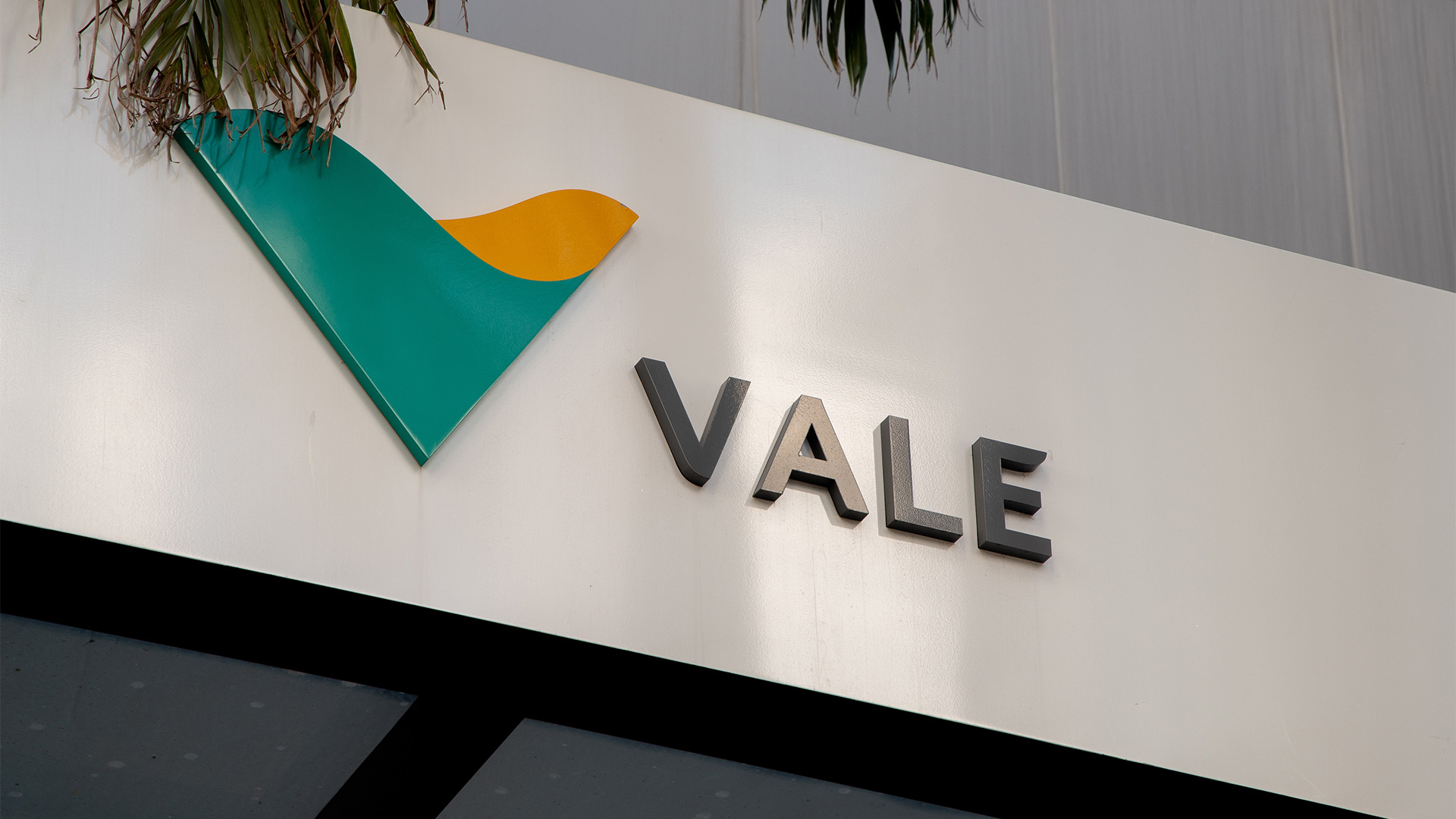The Reserve Bank is stepping into the spotlight this week, and investors and the general public can expect more than the usual level of noise from Tuesday afternoon onwards.
Not because of a rate cut or rise – neither will happen – but because of the new meeting style. The RBA has adopted a two-day meeting format, starting today, Monday, similar to the US Fed. Additionally, there will be a new post-meeting approach with a media conference by Governor Michelle Bullock after the statement is issued on Tuesday afternoon, and the release of the first Statement on Monetary Policy for the year tomorrow afternoon instead of Friday.
On Friday, Governor Bullock will appear before the House of Representatives Standing Committee on Economics for the first time this year, which is standard timing.
There will be more interest in what Governor Bullock says and doesn't say at her media conference, with the usual crude attempts to try and trap her into a wrong statement, known as 'Gotcha' moments.
AMP Chief Economist Shane Oliver says that while the new format "risks information overload, it will be good to get it over with in one day!"
Economists say there will be no rate cut, but there may be a change in the wording of the post-meeting statement, her commentary at the media conference, and in the monetary policy statement to indicate a "further softening of its already mild tightening bias," according to Dr. Oliver.
"Since the last RBA Board meeting, we have seen a further decline in inflation pressures globally, global central banks edging toward rate cuts, soft retail sales data, soft jobs data, and inflation falling faster than the RBA expected, all of which are expected to keep the RBA rates on hold.
"We also expect it to lower its inflation forecasts to show inflation back at 3% or just below by June next year, rather than December next year, and inflation around 2.5% by the end of next year, rather than 2.9%, as it is currently forecasting.
"However, with services inflation still uncomfortably high, productivity poor, and the labor market still tight, the RBA is likely to remain cautious and possibly indicate that it's too early to be talking about rate cuts.
"That said, we think the combination of weaker growth and a faster fall in inflation than it expects will force its hand, as is starting to occur in other countries, and we see it cutting rates from June with three rate cuts by year end.
"Money market expectations are now for the start of rate cuts in June, with nearly three rate cuts priced in for this year," Dr. Oliver wrote in his weekend note.
On the data front in Australia, expect to see another solid trade surplus for December later today and flat real retail sales in the December quarter tomorrow.
A handful of Australian companies will also start to report December half earnings results, including Amcor, AGL, and Mirvac in the week ahead. News Corp also reports on Thursday, with REA Group (61% owned) as well.
Metcash is due to release details of its purchase of Superior Foods Group, if it is going to happen.
In the US, the services conditions ISM index for January is expected to rise slightly, and the Fed's December quarter banking survey will provide an update on lending standards, which are likely to have remained tight, with both due Monday.
The US reporting season continues this week with the start of media company reports. Nearly 50% of US S&P 500 companies have now reported December quarter earnings, with 80% coming in better than expected, which is above the norm of 76%. So far, earnings growth for the quarter is running around +6.2% yoy, according to US analysts.
Earnings have come in more than 6% above expectations — not quite the 7% to 8% upside seen in the previous two quarters, but still okay.
But these strong figures come after earnings expectations fell going into the reporting season. Back on October 1, S&P 500 fourth-quarter earnings were expected to grow 11% year over year.
Although the earnings picture has significantly improved since the start of 2024, results are still far below what Wall Street had hoped for a mere four months ago.
Companies reporting this week include Fox Corp, Toyota, Honda, Ford, McDonald's, BP, UBS, Mitsubishi, Itochu, S&P Global, Pepsi, Unilever, Total, Astra Zeneca, Caterpillar, Siemens, Uber, ConocoPhillips, KKR, Apollo Global, PayPal, Softbank, Spotify, Sumitomo, Maurbeni, Snap, Arcelor Mottal, and more.
FactSet, the US financial data analyzer group, wrote on Friday (after the close of trading) that "over the past two weeks, with more companies across all 10 sectors reporting results, the earnings numbers have improved significantly."
"As a result, the index is reporting higher earnings for the fourth quarter today relative to the end of last week and relative to the end of the quarter. On a year-over-year basis, the index is now reporting earnings growth for the second consecutive quarter."
But there are still signs of weakness in the reports, according to FactSet.
"Overall, 46% of the companies in the S&P 500 have reported actual results for Q4 2023 to date. Of these companies, 72% have reported actual EPS above estimates, which is below the 5-year average of 77% and below the 10-year average of 74%. In aggregate, companies are reporting earnings that are 2.6% above estimates, which is below the 5-year average of 8.5% and below the 10-year average of 6.7%.
"However, it should be noted that since January 19, 75% of S&P 500 companies have reported actual EPS above estimates. In aggregate, S&P 500 companies have reported actual earnings that have exceeded estimates by 7.3% during this period."
Chinese CPI and PPI inflation data on Thursday are likely to have remained in deflation in January, but the IMF thinks that will ease in coming months.














